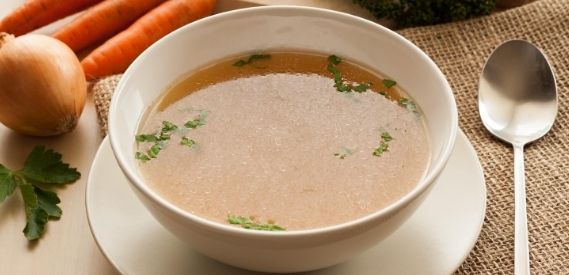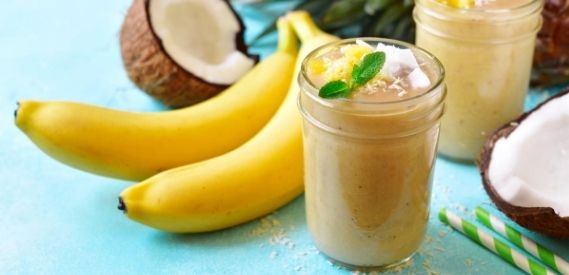I once heard the analogy that birth is like a “marathon.” After all, it’s most likely the most strenuous thing your body will go through in life. I’ve had two unmedicated births myself, and in my opinion, the sheer strength and endurance required in birth is far greater than a marathon! But I’ve also never run a marathon.
But I do like the analogy because just like an athlete would train and prepare her body for a marathon, we can help prepare our bodies for our ideal birth experience.
We naturally focus on the environment around us at birth. Who will be in the room? The music we’d like to be playing. What we’d like to wear. But just as the environment around us can shape our birth experience, so can the environment within.
Preparing your body for the birth is just as important as the birth plan. After all, if your body is fueled and nourished to the best of your ability, it is more likely that it will have the strength and energy required in labor. And more importantly, the nutrients required for your body to heal as soon as possible after your little one is born.
As a holistic health coach specializing in pregnancy nutrition, I help women prepare for their ideal birth by looking at what foods have the nutrients they need most in the lead up to birth -and the postpartum weeks that follow.
Here are 5 foods to include in your pregnancy diet throughout your 3rd trimester, or at the very least, in the last few weeks before birth.
1. Bone Broth

Bone broth is a naturally rich source of the proteins you need to form collagen. The building block in your skin and internal organs that give elasticity. That’s why beauty brands have long used collagen as a product in their beauty products. During pregnancy, our skin is stretched. During birth, the placenta leaves our uterus, leaving a wound that needs internal healing. Collagen will help that repair. It will speed up skin and tissue repair after birth, and have the benefit of preventing stretch marks in the last few weeks of pregnancy.
2. Smoothie with Collagen Supplement

3. Vitamin C Foods
Vitamin C is essential for collagen synthesis. It promotes wound healing, skin elasticity and tissue repair (which your uterus will thank you for). Vitamin C also improves iron absorption. Iron is one of the most important nutrients you’ll need up to birth and just after because you will lose some blood during birth.
Include lots of fruits and vegetables in your 3rd trimester and postpartum diet. Vitamin C foods include bell peppers, broccoli, strawberries, kiwi, oranges and grapefruit. Bell peppers are the richest source of Vitamin C and yellow bell peppers have the most.
4. Green Leafy Veggies

Green leafy veggies are nutritional powerhouses. Not only are they rich in Vitamin C, iron, and magnesium, but they are high in fiber. Pregnancy constipation is caused by hormonal changes that slow down our digestion. It’s more common in the first and third trimester. To prevent straining and hemorrhoids in the lead up to the birth, include high-fiber foods in your diet. Spinach, romaine, kale, collard greens and arugula are some of my favorites.
A good rule of thumb is to remember that the darker the leaf, the more nutritional benefit. Kale and spinach are more nutrient-dense than iceberg lettuce.
5. Dates

In many cultures, women eat dates in the lead up to birth. Dates have been linked to better birth outcomes such as shorter labor times and less intervention.
In one study, women who ate dates needed less intervention in labor. In that study, only 37% of women in the dates group needed pitocin augmentation compared to 50% in the group that did not eat dates.
A study looked at the effects of eating dates in late pregnancy and the ripening of the cervix. The study found that women who ate dates in the lead up to labor, had more progressed cervical ripening when labor commenced.
Another study found that women who ate dates in late pregnancy were more likely to go into spontaneous labor and did not require an induction.
How much and when to start eating dates?
In most studies, women ate 6-7 dates each day at least 4 weeks before birth. I personally haven’t tried eating dates in the lead up to birth, but with this pregnancy, I plan to start eating 6 dates a day from about 34 weeks onwards. I’ll keep you posted!
Come say hi to me @bellamama.co for more pregnancy tips and info.

